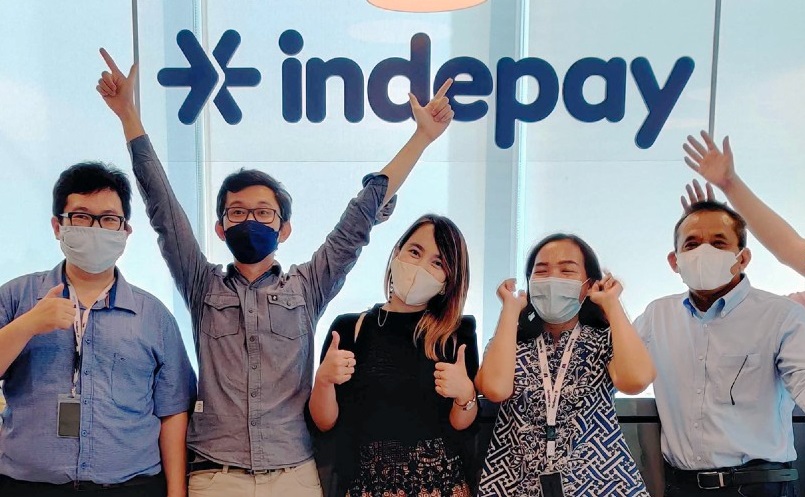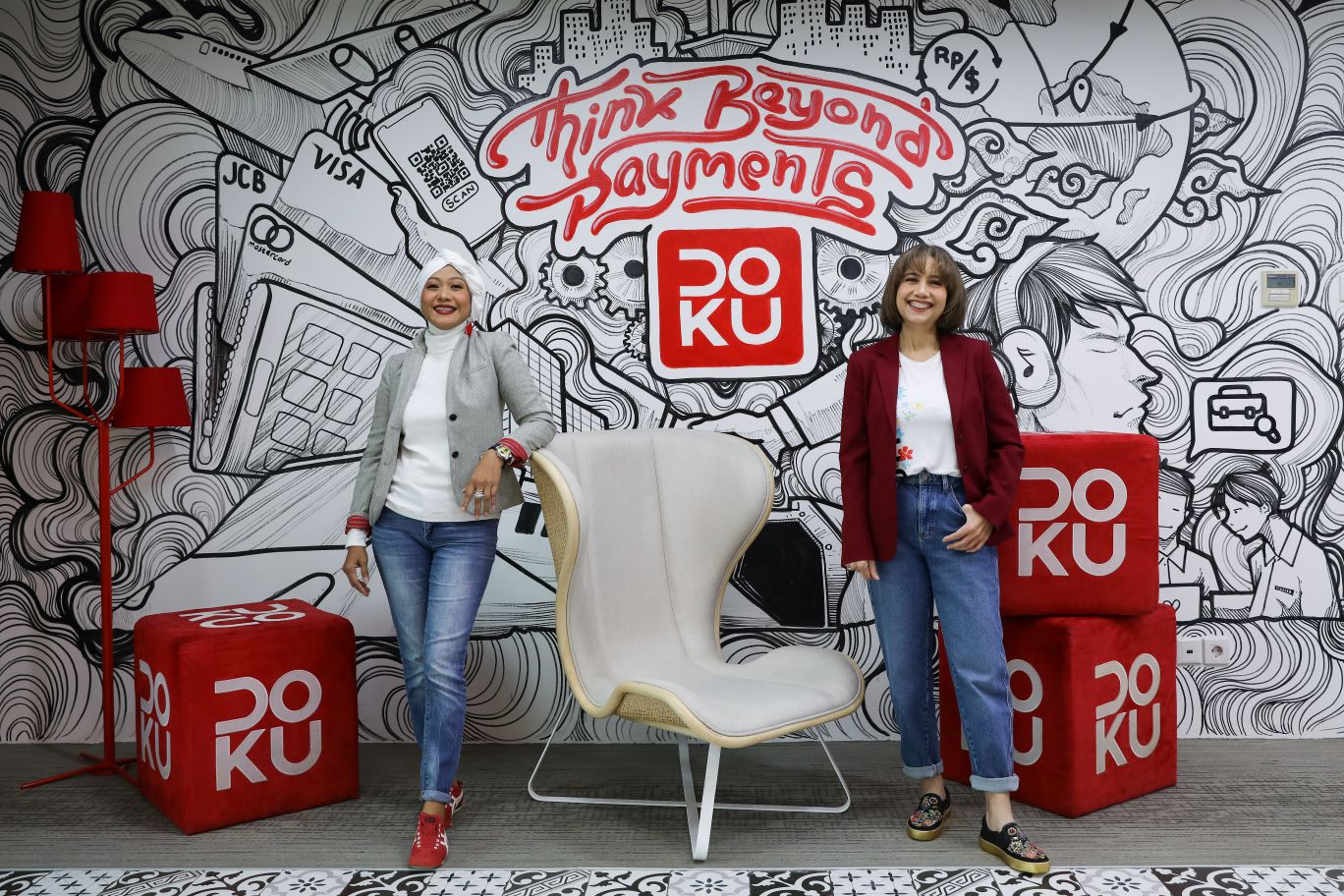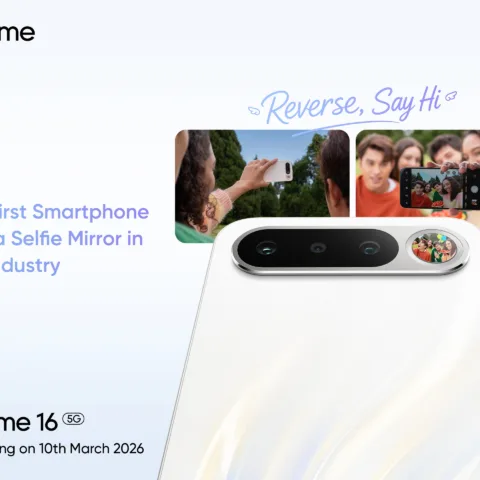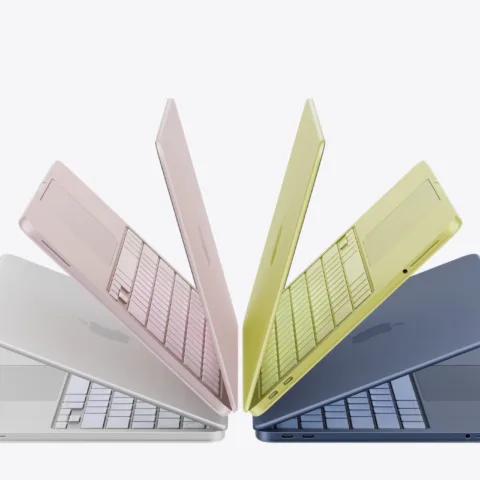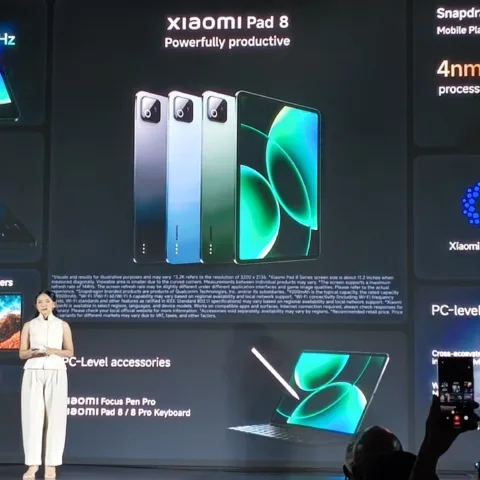 NsiaPay is one of Indonesia’s startup company with a big chance to be the savior in terms of the online payment system. I even once refer it as the savior for bringing the online transaction platform grow in Indonesia. And now, NsiaPay is gone forever as announced by Ronald Ishak, one of the advisor for the payment company. NsiaPay is now officially Doku.
NsiaPay is one of Indonesia’s startup company with a big chance to be the savior in terms of the online payment system. I even once refer it as the savior for bringing the online transaction platform grow in Indonesia. And now, NsiaPay is gone forever as announced by Ronald Ishak, one of the advisor for the payment company. NsiaPay is now officially Doku.
“It’s hard to pronounce and the brand name just doesn’t work”, said Ronald when asked about the reason behind the rebranding. I personally there’s something bigger under the table, rebranding is a big issue and took a lot of effort and less likely caused by a mere naming issue. I would think that NsiaPay was selling their product to the wrong bunch of people and realize their mistake and now rebranding their product as a new ride to acquire new sets of customers. Nsiapay’s website is still alive though.
And frankly, Nsiapay has an ugly logo (sorry Ronald). Doku, in the other hand, has totally different image based on the logo and their creative concept. Ronald even gave me their brochure (i totally lost it btw) and it looked really nice and more creative, way better compared to NsiaPay’s stiff corporate image.
So what Doku is planning to do is to enable website owners to receive payments using credit cards from their customers via their own website integrated with Doku’s online payment gateway. In a way, it’s like Paypal. And with close competition with Indomog and KasPay, Doku have advantages that their competition doesn’t have. Well, actually it’s a different approach for people to pay.
Indomog and KasPay enable people to pay for online goods via traditional payment system with integrated marketplace and e-commerce system. It’s a good system for most Indonesian online buyers, since this will work very well for debit card owners. While Doku will enable people to create their own e-commerce and marketplace and make it very easy for website owners to receive payments and provide easier way for buyers to pay using their credit cards. The problem here is that credit cards are not very popular in Indonesia, maybe it is for urban areas but it only occupies less than 3% of the entire population.
So, which one will work? We would have to wait to figure it out, but please let us know what you think in the comment.


